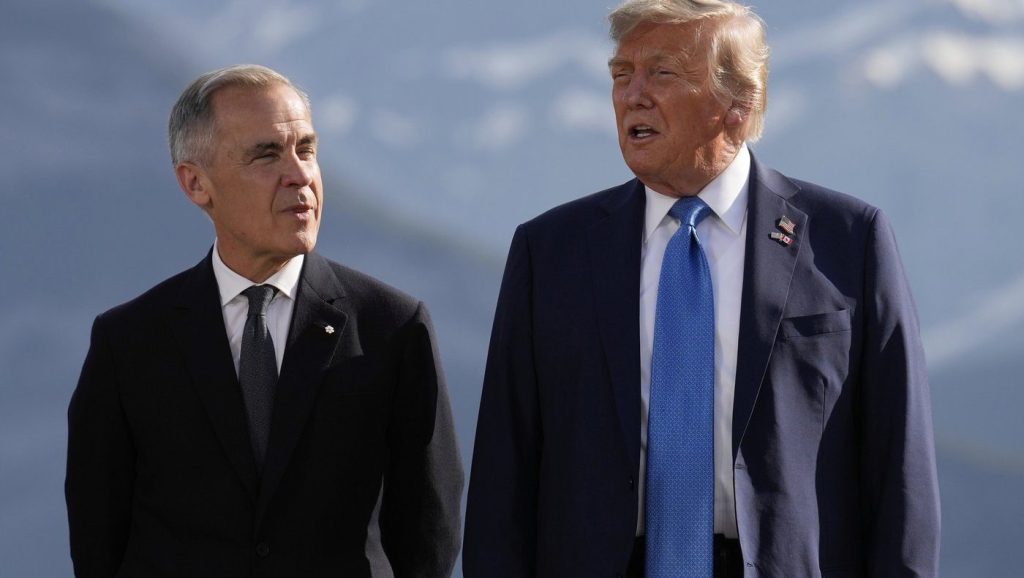In a significant development, Canada announced on Sunday that it would cancel the controversial digital services tax (DST), sparing tech giants like Amazon and Google from paying close to $2 billion, which was expected to be due on June 30. This announcement came after Finance Minister François-Philippe Champagne spoke with U.S. President Donald Trump, following Trump's abrupt decision on Friday to terminate all trade discussions with Canada, which escalated tensions between the two nations.
The digital services tax was introduced in 2020, aiming to address perceived tax loopholes that allowed major technology firms to profit from Canadian users without contributing to the tax system in Canada. The tax, which retroactively applied for three years, demanded a three-percent levy on the revenue earned by these firms from Canadian users. It was set to affect companies with worldwide revenues exceeding 750 million euros and Canadian revenues surpassing $20 million. Estimates indicated that the tax could generate approximately $7.2 billion for the Canadian government over five years.
Canada established this tax after talks at the Organization for Economic Co-operation and Development (OECD) to create a multilateral tax framework stalled. The Canadian government insisted that it needed to address the competitive disadvantage posed by other countries already implementing their own digital services taxes, such as France and the United Kingdom. Critics of the tax warned that its implementation and retroactive nature could adversely affect trade relations with the United States, highlighting that U.S. firms would bear the brunt of the tax burden.
Opposition to the DST was particularly vocal among U.S. lawmakers, who argued that the tax disproportionately targeted American companies. A group of 21 U.S. Congress members emphasized that approximately 90 percent of the revenue collected from the tax would come from U.S. businesses, projecting an initial payment of around $2 billion. The backlash against the DST was echoed by prominent figures, including the president of the American Chamber of Commerce in Canada, who described the tax as "retroactive, one-sided, and deeply damaging to cross-border trade."
Trump's critique of the DST intensified after his online announcement on Friday, where he labeled it a "direct and blatant attack on our country." He simultaneously raised concerns about Canada's dairy protections, which impose significant tariffs on American dairy imports. The cancellation of the tax signifies a thaw in relations, as trade negotiations between Canada and the U.S. have been fraught with challenges, particularly since Trump's imposition of tariffs sparked a trade war several months ago.
The rapid developments leading up to the cancellation of the digital services tax highlight the intricacies of international trade relations. After Trump's online statement, Canadian Prime Minister Mark Carney promptly reiterated Canada's commitment to pursue negotiations "in the best interests of Canadians." The decision to cancel the DST has paved the way for renewed discussions focused on achieving a more cooperative economic relationship between Canada and the United States, aligning with the timeline set for further negotiations at the G7 Leaders' Summit in Kananaskis.
Ultimately, Canada’s retreat from implementing the digital services tax may signal a desire to maintain beneficial trade relations and stability with its southern neighbor as both countries navigate the complexities of their economic interdependencies.










